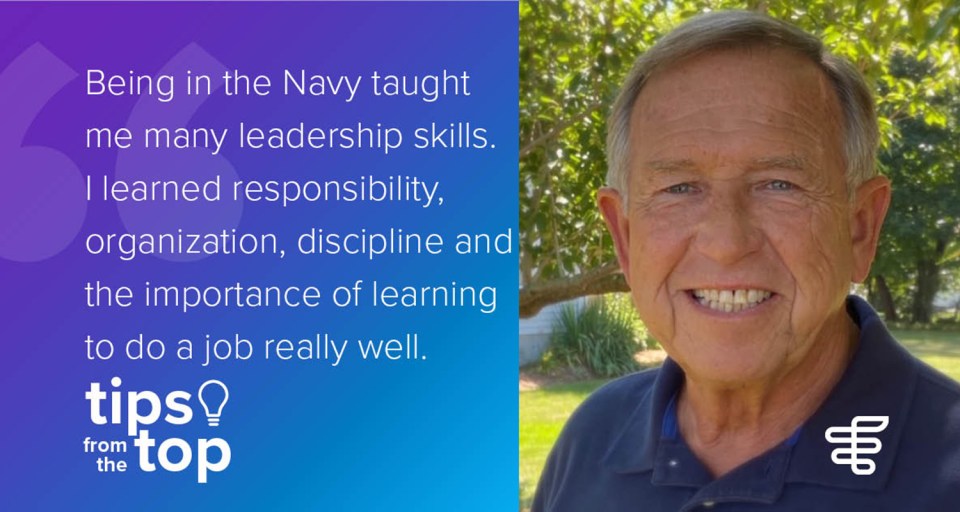As a member of Gamma Phi Beta sorority, I’ve had many mentors throughout my career, and one of those mentors shared a piece of advice with me early on that I still follow.
My sorority sister told me that she never says, “I don’t have time,” adding that despite your role or life circumstances, we all have 24 hours in a day; the difference is how we spend those hours. She advised to replace that phrase with, “It’s not a priority for me.”
To this day, that advice helps me prioritize my time, and it’s also helped me prioritize my spending.
If you’re just starting your career, or you’re ready to start a budget, first, pick a simple budgeting tool; there are plenty of free ones online. Then consider your needs, wants and savings.
Many use the 50/30/20 rule where 50 percent of your spending is needs, 30 percent is wants and 20 percent is savings, but again this is up to you. What are your priorities?
As you consider those, here are my tips where you can save in each of these categories.
Needs
These are your basics: Housing, food, utilities, insurance and transportation.
While you have to have these things, think about what your priorities are in each of these areas.
Do you want to rent or buy a home? Do you need a big house and backyard? What about location? Determine those things that are important to you at this stage in your life.
When it comes to food, we all have to eat, but do you need that fancy coffee from the corner café every morning? Probably not, and skipping that daily coffee could save you lots long term and free up more money for those things you want. But, before we discuss those wants, let’s talk savings.
Savings
A good rule of thumb is to always have six to 12 months-worth of living expenses in an emergency fund. The time we’re in right now is evidence of that. There are things we can’t control, but with an emergency account, you can rest a little easier.
If you’re just getting started, this task could seem impossible. It’s not, but it can be challenging. You will have to make sacrifices.
My first suggestion, especially to those recent grads, try living beneath your means and salary. Pretend that your salary is 10 percent less than it is, and put that 10 percent in a savings account. Name it appropriately, too, so you are reminded what it’s for. Then follow everything I’ve discussed.
You can build that nest egg, and free your mind of worry. You can also start thinking about the fun part — your wants.
Wants
I categorize wants into three areas: entertainment, fun and charitable giving.
These are all things you need to prioritize and plan for. It may be that girls’ trip with your sorority sisters or date night with your significant other. Whatever the case may be, look at what funds you have after you’ve budgeted for your needs and savings, and determine what you want to do with that money. What will bring you the most joy?
You may have noticed, too, that I included charitable giving in this. That’s because this, too, must be prioritized. Don’t forget to give back to your community, which includes your time, talent, and yes, money.
Remember — priority-based, smart spending will help you achieve financial security. Start spending based on your financial priorities today.
Crissy Carlisle is chief investor relations officer at Encompass Health and serves on the Board of Managers of the Facilities Management Company of Gamma Phi Beta Sorority. She recently spoke on this topic as part of the sorority’s Confident Women of Character series.
This article is part of Tips from the top, an ongoing series highlighting Encompass Health leadership and what inspires and motivates them.
The content of this site is for informational purposes only and should not be taken as professional medical advice. Always seek the advice of your physician or other qualified healthcare provider with any questions you may have regarding any medical conditions or treatments.



